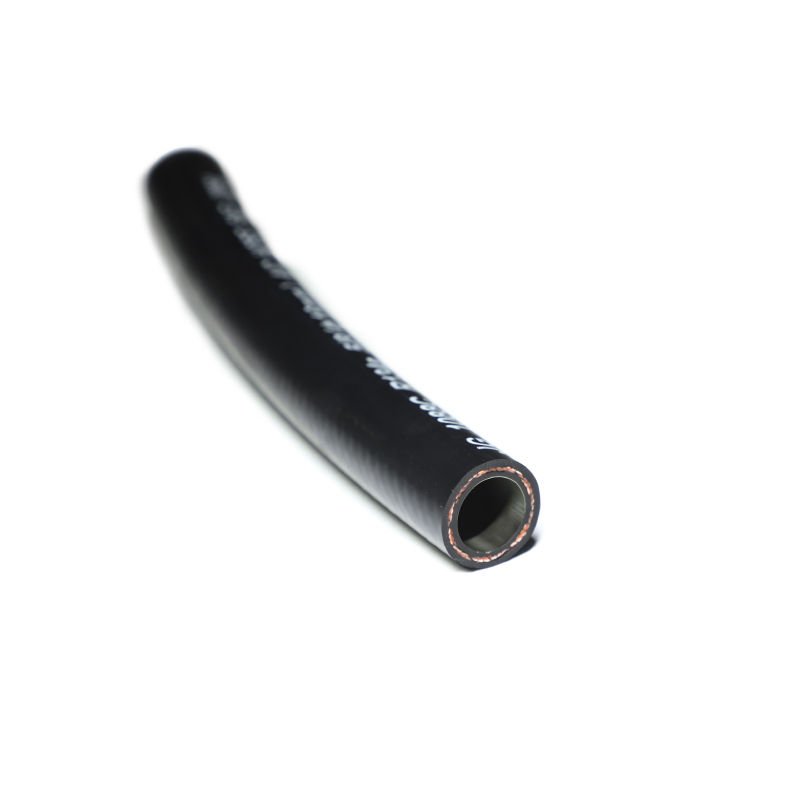Understanding the Importance of Hose Fuel Lines for Efficient Vehicle Performance and Safety
Agu . 13, 2024 02:04 Back to list
Understanding the Importance of Hose Fuel Lines for Efficient Vehicle Performance and Safety
The Importance of Hose Fuel Lines in Automotive Engineering
Hose fuel lines are essential components in automotive engineering, integral to the proper functioning of fuel delivery systems. These hoses are responsible for transporting fuel from the tank to the engine, ensuring that vehicles operate efficiently and safely. Understanding the importance of hose fuel lines not only sheds light on their functionality but also highlights the need for regular maintenance and the latest advancements in materials and design.
What Are Hose Fuel Lines?
Hose fuel lines are flexible tubes made from various materials, such as rubber, thermoplastic, or metal, designed to carry fuel. The primary role of these hoses is to connect the fuel tank to the engine fuel system, allowing for the proper flow of gasoline, diesel, or alternative fuels. Their design must withstand various pressures and temperatures, making them vital for the overall performance of the vehicle.
Material Composition
The choice of materials for hose fuel lines is critical due to the corrosive nature of fuels and the varying operating conditions within vehicle engines. Traditional rubber hoses have been widely used, but advancements in materials have introduced synthetic options that offer greater durability, improved resistance to fuel permeation, and longer service life. For instance, some modern hoses are constructed from fluoropolymer, which provides superior resistance to chemicals and temperature fluctuations, ensuring that they maintain integrity over time.
Key Functions
1. Fuel Delivery The primary function of hose fuel lines is to ensure that fuel is delivered efficiently to the engine. A properly functioning hose allows for optimal engine performance, which is critical for fuel efficiency and power generation.
2. Pressure Regulation Hose fuel lines are designed to handle the pressures within the fuel system, which can vary significantly. They must be capable of withstanding high pressures, especially in modern fuel injection systems, where pressures can exceed 50 psi.
hose fuel line

3. Safety Given the flammable nature of fuels, hose fuel lines must be reliable and resistant to leaks. A compromised hose can lead to dangerous fuel leaks, posing fire hazards. Thus, regular inspection and timely replacement are paramount for safety.
Maintenance and Inspection
To ensure the longevity and reliability of hose fuel lines, regular maintenance is essential. Vehicle owners should routinely inspect hoses for signs of wear or damage, such as cracks, brittleness, or leaks. Professional mechanics typically recommend replacing hose fuel lines during routine tune-ups or when fuel system repairs are performed.
Moreover, advancements in technology have made it possible for vehicle manufacturers to implement sensors that monitor the condition of fuel lines, providing real-time data about potential issues and reducing the risk of failures.
Innovations in Hose Technology
Recent developments in automotive technology have also impacted hose fuel line design. The introduction of high-performance hoses that are lightweight yet durable offers manufacturers a way to improve overall vehicle efficiency. Some innovations include features like enhanced flexibility and heat resistance, catering to the demands of high-performance vehicles.
Additionally, green technology has started influencing hose fuel line materials, with eco-friendly alternatives becoming more prevalent in the market. Such innovations not only align with global sustainability efforts but also cater to an increasingly environmentally conscious consumer base.
Conclusion
Hose fuel lines play a crucial role in the automotive industry, contributing to fuel delivery, engine performance, and vehicle safety. Understanding their importance, material composition, and the need for regular maintenance can help vehicle owners take proactive measures to ensure their cars run smoothly. As technology continues to evolve, so too will the development of these essential components, promising even greater efficiency and safety in the automotive landscape. Embracing such advancements can lead to improved performance and longevity for vehicles, ultimately benefiting both the driver and the environment.
